GRANDMOTHER’S FOOTSTEPS, a film by Lola Peploe
An intimate portrait of a singular female artist told by her granddaughter who goes in search of her footsteps.
The discovery of a talented painter, a modern, free and daring woman.
The meaning of memory and transmission, and the courage and conviction required to be both a Woman and an Artist.
SYNOPSIS
Expecting her first child and questioning how to align motherhood with being an Artist, Lola Peploe begins a dialogue with her grandmother Cloclo (Clotilde Brewster Peploe), a landscape painter, aesthetic nomad and free spirit.
Lola decides to follow in her footsteps and return to Greece to the Cycladic islands where Cloclo spent the last twenty years of her life painting.
She begins speaking to Cloclo in her mind, reconstructing Cloclo’s life as she wanders through the streets of Amorgos in search of her old painting studio.
A navigation between past and present, alternating between unexpected encounters, super 8 video footage filmed by her father and voice recordings of Cloclo recounting her own life.
The Film includes the voice of Charlotte Rampling and the last ever screen appearance of Bernardo Bertolucci.
GRANDMOTHER’S FOOTSTEPS
Produced by / François Ravard – BABYLON IRIE (Faithfull)
Length / 64 minutes
With / Clare Peploe, Marc Peploe, Bernardo Bertolucci
And the voice of / Charlotte Rampling
DIRECTOR’S NOTE
Cloclo, an unknown brilliant artist
Cloclo was a painter of stark, dry, Mediterranean landscapes.
Her paintings have a profound stillness, giving them a timeless quality which I find deeply comforting.
A rare work I have always passionately admired and wanted others to discover.
The birth of the project
The desire to make a film about this extraordinary woman had followed me for a long time, but it began to feel increasingly urgent as the Apocalyptic directions in which the world is heading felt more and more overwhelming.
In an ever-faster world where natural landscapes seem to be disappearing, I was wondering for how much longer the actual landscapes she painted would even exist?
Cloclo, a woman, an artist, a mother…
When the opportunity arose for me to finally make this film, I found myself pregnant with my first child. Inevitably it took on another dimension which became a sort of inquiry into what it means to try to be both a Mother and an Artist.
I felt a need to “find” Cloclo and feel close to her again in some way, as she was the one who had always given me the courage to believe it was possible to try to be both.
Would I ever be able to find the little white house that was in her painting that hung on my bedroom wall?
This movie seems to be a dialogue as much as it is a portrait.
I found lots of Cloclo’s voice recordings talking about her life and it felt like treasure. I was happy that in the film she could be the one telling her own story.
And because of this “mirroring” between us I wanted to set up the idea that her voice was like a conversation I was having with her in my mind.
I had not been back to Greece for over 30 years and had absolutely no idea what I would find. It turned out to
be full of serendipitous surprises and encounters which lead me closer and closer to “finding” Cloclo.
A movie about transmission…
Cloclo showed me that in the stark simplicity is where the beauty lies. Since the film was completed several of the main “characters” from the film have passed away and so the layers of meaning around memory and transmission hold much more meaning to me.
“It’s beauty which saves me”– CLOCLO
“My grandmother told me how to find beauty in the simplest things.
It’s maybe the greatest gift anyone has ever given me.” – Lola Peploe“Your landscapes are a map of your soul” – Bernardo Bertolucci
“When I was a child, Cloclo’s painting was a window on to a dreamscape. I used to imagine that it was my own little white house.” – Lola Peploe
Press release from Echo Group.

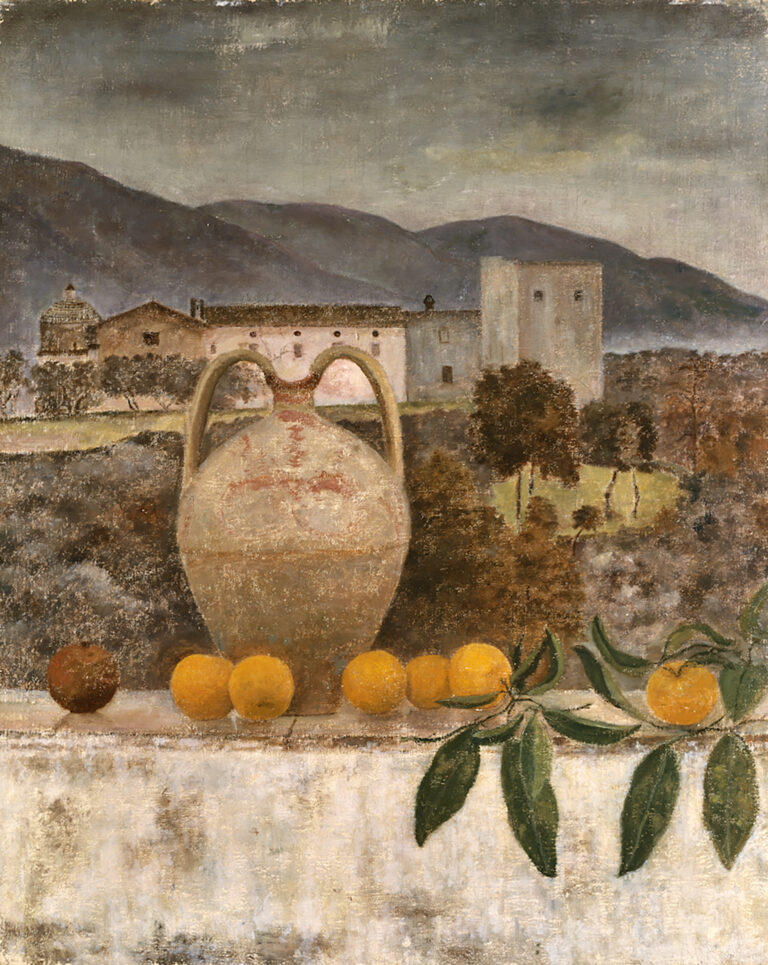
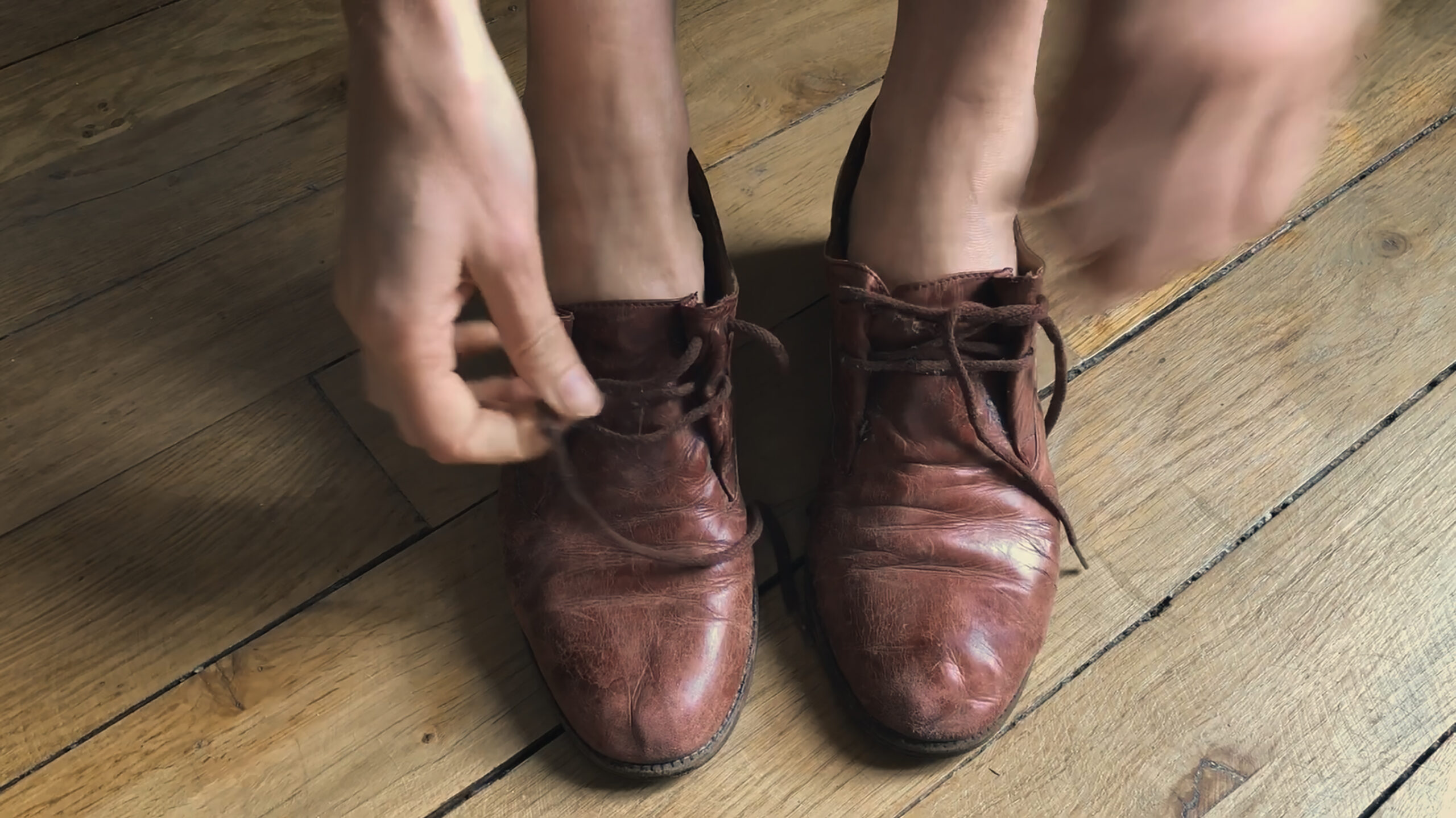
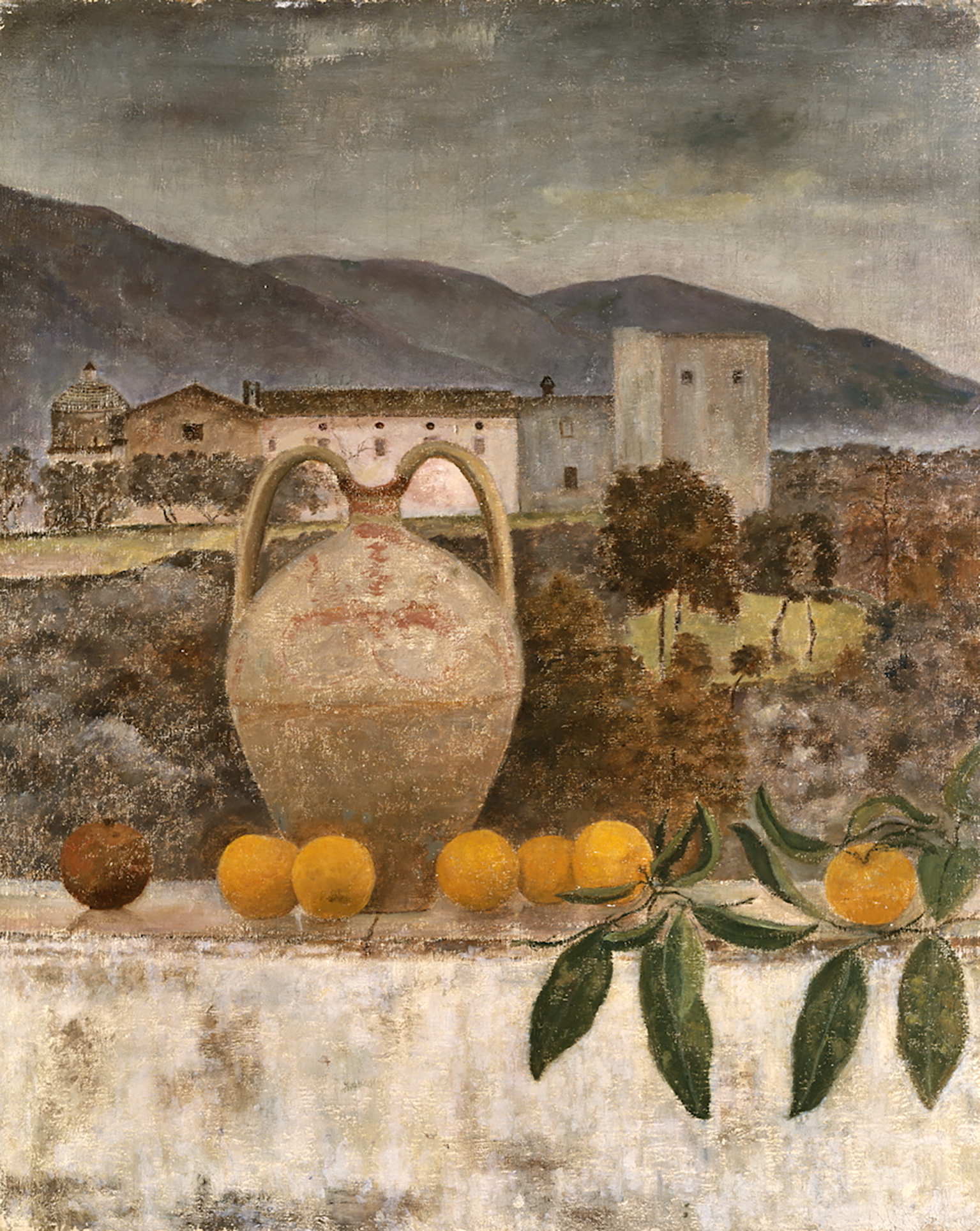
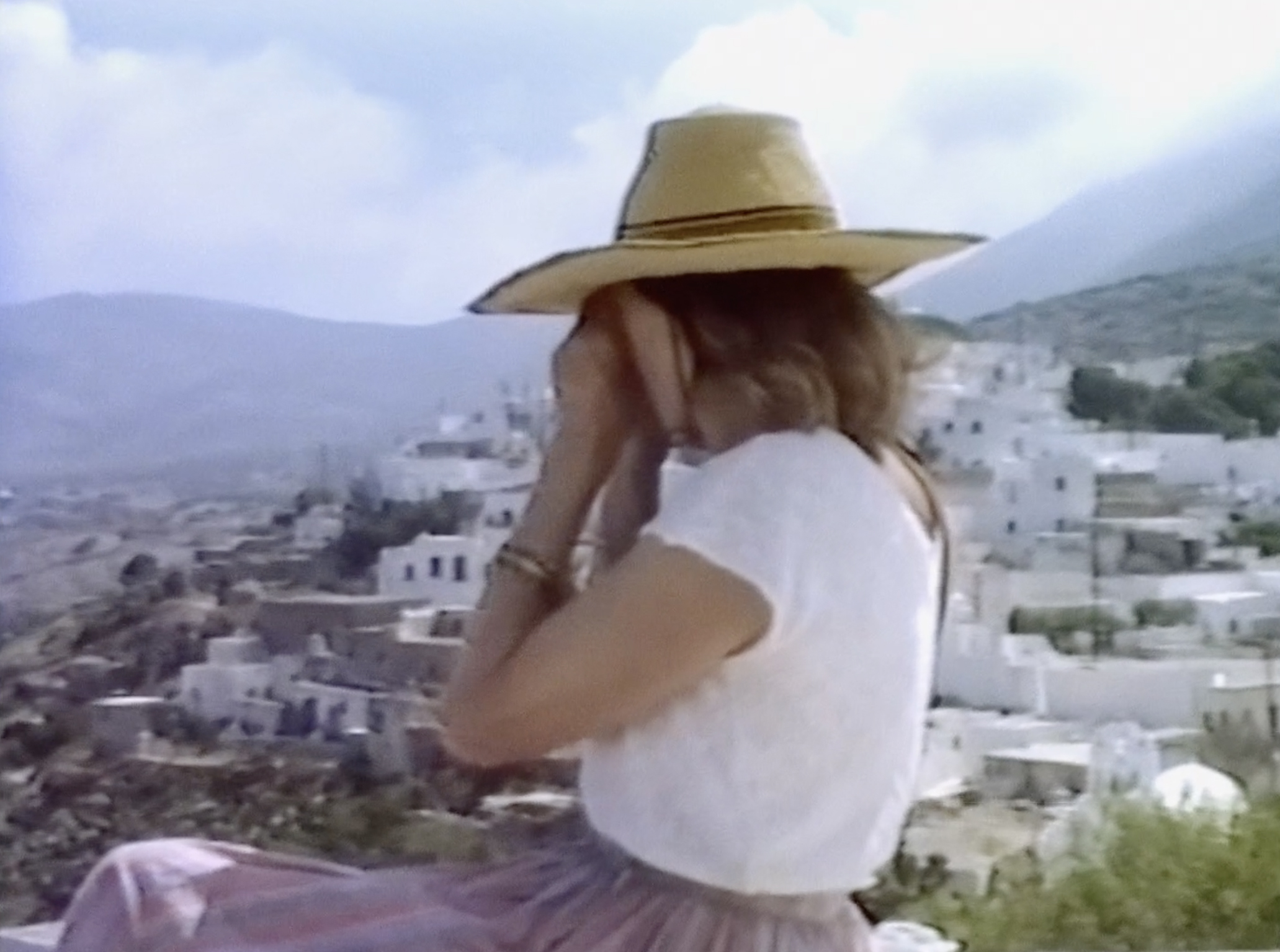
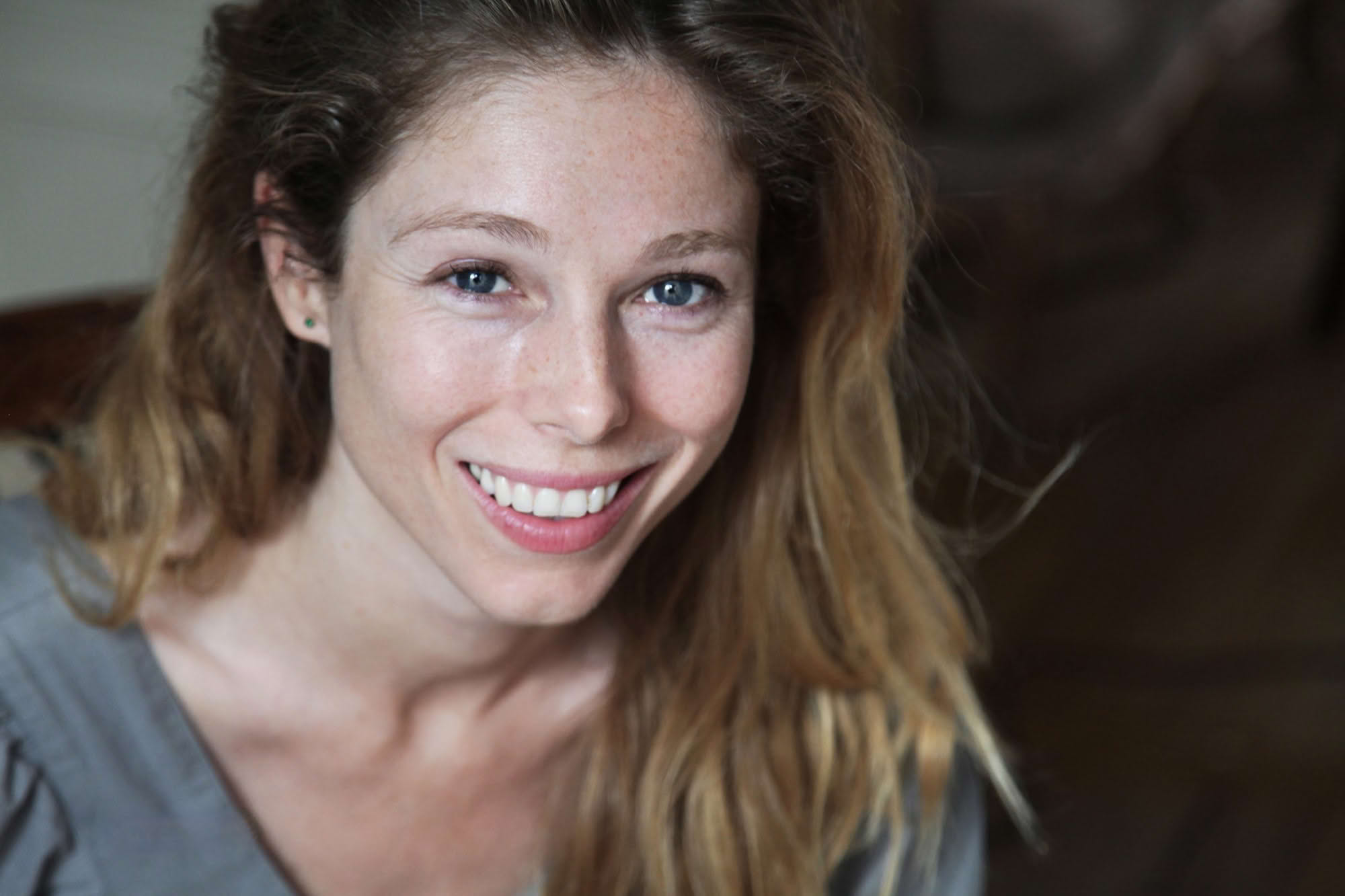


1 Comment
I was interested in this. I met Cloclo on Amorgos and visited her several times in the castle. She was a good friend of my sister Carolina Matthews who lived on Amorgos for fifty years and is buried in the graveyard of Langatha. Imogen